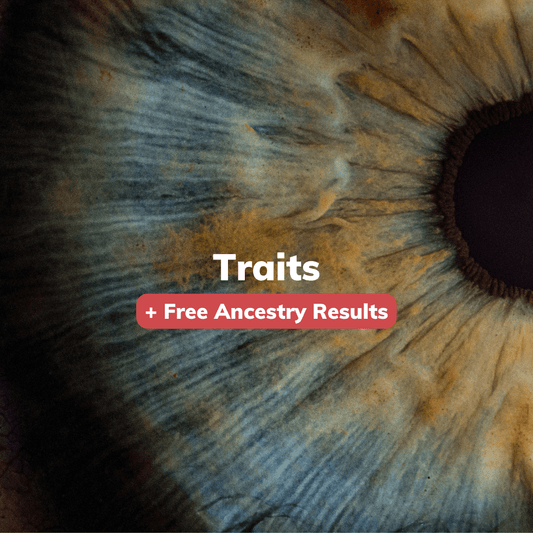
Social Activity: The Importance for Well-being and Brain Health
BioCertica Content TeamIn today's fast-paced digital world, the significance of social activities for overall well-being and brain health is gaining increasing recognition. As humans, our innate need for connection and interaction plays a pivotal role in our mental and emotional health. But how exactly do these social activities influence our well-being and cognitive functions? Let's delve deep into the profound impact of social connections.
The Impact of Social Activities on Well-being
Engaging in social activities has been shown to have a myriad of positive effects on our mental health, emotional well-being, and the quality of our social connections. Activities that foster interaction, be it a casual chat at a local café or attending a club, can uplift our spirits and provide a sense of belonging.
Moreover, having a robust social support network acts as a buffer, promoting resilience and significantly reducing the risk of mental health disorders. social relationships play a crucial role in health policies, emphasizing the importance of these connections in our lives.
Social Activities and Cognitive Function
The relationship between social engagement and cognitive function is fascinating. Engaging in interactions and activities that challenge the mind can help maintain cognitive abilities. For instance, a study reveals that social connections can significantly improve brain health.
Furthermore, mental stimulation derived from social interactions can delay cognitive decline. Engaging in discussions, debates, or even simple conversations can act as a workout for the brain, keeping it sharp and agile.
The Link Between Social Relationships and Brain Health
Research has consistently shown the profound impact of social relationships on brain health. Social connections, especially close and meaningful ones, offer protective effects against age-related cognitive decline and even certain neurodegenerative diseases. A study emphasizes the importance of social wellness and its positive impact on both physical and brain health.
Strategies for Incorporating Social Activities into Daily Life
Incorporating social activities into our daily routines might seem challenging, especially in today's digital age. However, with a few practical strategies, one can foster and nurture these connections:
Engage in Local Community Activities: Participate in local events, workshops, or social clubs that align with your interests.
Digital Detox: Allocate specific times in the day to disconnect from digital devices and engage in face-to-face interactions.
Pursue a Hobby: Join clubs or groups that share your passion, be it reading, dancing, or any other activity.
The Role of Physical Activity in Enhancing the Benefits of Social Engagement
Physical activity, when combined with social engagement, can amplify the benefits for overall well-being and brain health. For instance, group exercises, dance classes, or even a simple walk in the park with friends can offer both physical and social benefits. Physical activity not only benefits the body but also the mind, especially when done in the company of others.
Conclusion
The profound impact on well-being and brain health cannot be overstated. As we've explored, these connections play a pivotal role in our mental, emotional, and cognitive health. It's essential to prioritize these interactions and engage in meaningful social activities, ensuring a balanced and enriched quality of life.
Finally, if you are interested to reveal your genetic predisposition towards being active person, order our DNA Mindfulness kit.
References:
- The impact of social activities, social networks, social support and social relationships on the cognitive functioning of healthy older adults: a systematic review
- A Qualitative Study on the Types and Purposes of Social Activities in Late Life - PMC
- Effects of Participation in Social Activities on Cognitive Function Among Middle-Aged and Older Adults in Korea - PMC


